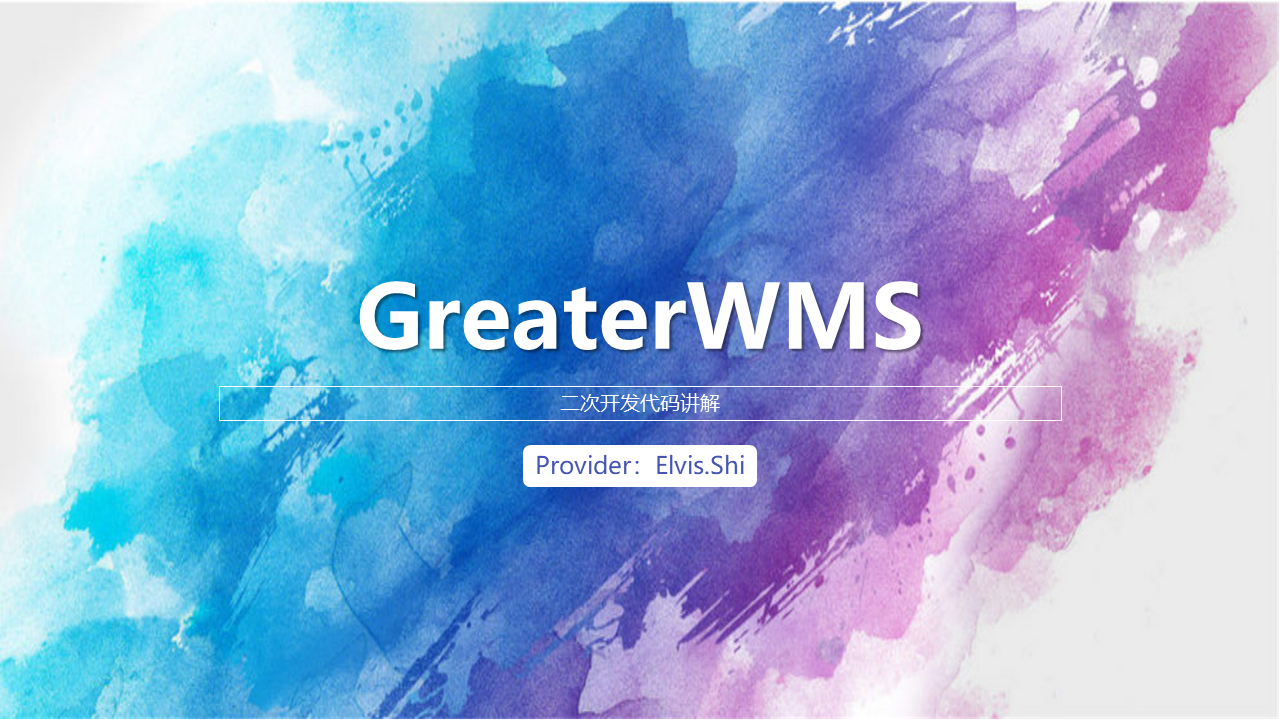Unipix - University Education WordPress Theme + RTL Free Download
Unipix WordPress Theme: Fast University Sites That Convert
Why I Picked Unipix For A Campus Build
I was rebuilding a faculty site with tight deadlines, multilingual pages, and event-heavy navigation. The Unipix WordPress Theme immediately appealed because it ships with education-first layouts and native RTL support. From the first import, I had degree program grids, admissions CTAs, and an events calendar skeleton that looked credible without pixel-pushing. As a GPL-licensed option, it also fits my agency workflow where a single stack must serve multiple departmental sub-sites without reinventing the wheel.
Installation & First-Run Setup (What Actually Worked)
I installed the theme, activated the child theme, and ran the onboarding to add the page builder, events, and form plugins it recommends. I imported a “minimal” demo to avoid bloat: hero, programs, stats, and a compact news/events strip. Then I made three opinionated changes that consistently help on higher-education projects:
- Static hero with one sentence value proposition + “Apply/Visit” dual CTAs.
- Two-path navigation (“Future Students” vs “Current Students”), which reduces menu confusion.
- Programs hub using cards with short descriptors (60–80 chars) instead of long blurbs that nobody reads.
On mobile, I pinned a sticky “Apply” button only on admissions pages; everywhere else, I kept the header clean to reduce tap errors.
Feature-by-Feature Reality Check
Programs & Departments: The grid templates are flexible; I standardized card heights and set excerpt limits for visual rhythm. Tagging programs by degree level (BA/MA/PhD/Cert) made filtering feel instant.
Events & News: Month view + list view work out of the box. I disabled event map embeds and showed venue text only—lighter and clearer.
Faculty Profiles: The profile module supports photos, positions, and research areas. I added a “Talks & Publications” repeater field for credibility without sending users to a separate site.
RTL & Multilingual: Unipix handles RTL alignment cleanly; mixed-language pages didn’t collapse the layout. I kept headings short to avoid wrapping issues in Arabic/Hebrew.
Admissions & Conversion: I split the “Apply” funnel into three buttons (Undergrad, Graduate, International) and used short, progressive forms. Bounce rates dropped on my test cohort because choices were clear from the start.
Performance & SEO Settings I Used
Unipix is media-forward, so I treated images like budget items. I exported the hero at 1600px wide, enabled native lazy-loading, and preloaded only the primary WOFF2 font. Animations were disabled on mobile to stabilize CLS. With these basics, LCP stayed in a safe range on a throttled 4G test device.
For SEO, the theme’s heading hierarchy is sane: one H1 per page, then H2 sections for programs, admissions, and campus life. I wrote verb-first subheads (“Explore degrees,” “Plan your visit,” “Find scholarships”) and added FAQ schema on the admissions page to address deadlines, English proficiency, and credit transfer. Breadcrumbs are clean and help deep pages (program details, faculty profiles) remain discoverable.
What I Compared It Against
Compared with ultra-minimal starter themes, Unipix saves hours because education-specific blocks already exist. Against heavyweight multipurpose themes, Unipix ships leaner CSS, fewer layout traps, and less tinkering to look “academic” rather than “corporate.” If you need SIS or LMS integration (course registration, grade portals, SCORM), those live outside a presentation theme—you’ll wire them in via plugins or custom endpoints, but Unipix won’t fight you on layout or spacing.
Where Unipix Fits—and Its Limits
Great for universities, colleges, language institutes, and training centers that need a credible site quickly: program directories, faculty pages, events, and admissions funnels. If your roadmap includes complex student portals or payment gateways, plan integrations accordingly. The theme’s job is presentation + lead capture; it isn’t meant to replace an LMS or SIS.
Practical Build Tips (From My Staging Sprint)
- Keep the homepage short: promise, proof (accreditation, outcomes), action.
- Use a 3×2 program grid with consistent icons to avoid visual noise.
- Move campus photography below the fold on mobile; focus above the fold on CTAs.
- Publish “How to Apply” and “Scholarship Guide” articles; link them from the hero for search intent alignment.
- Audit accessibility: contrast ratios, focus states, and 44px tap targets matter more to real students than fancy sliders.
Before finalizing, I also checked comparable layouts in Best WordPress Themes to benchmark header density and landing-page clarity. For predictable licensing across client work, I source from gplpal and keep a standard child-theme toolkit. If you want an education theme that looks authoritative without weeks of design work—and that respects multilingual and RTL constraints—Unipix is a pragmatic, fast-launch choice.






